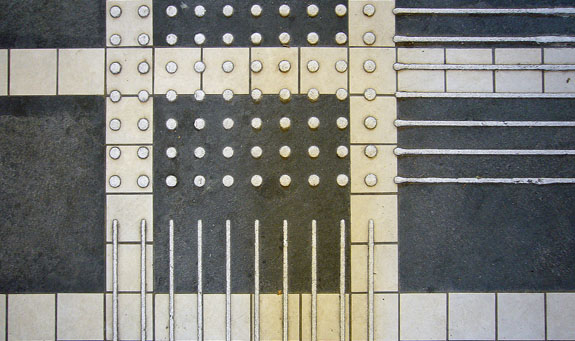1
A snail trail. That’s all there is to say
that I came by, a Wednesday.
You don’t need to forget yourself,
others forget for you.
And yet: as dark as it was in my ferns,
as white as I once saw the sea,
as cowardly as I died and as often,
there can’t have been a single person.
Didn’t you see me?
Who’s coughing? It’s my throat, that’s all.
Really, no.—I never saw you.
5
They say you’ve blinded me.
Probably.
Although it’s mostly misty when I lunge
at the sound of your hissing
and often the wind from your mouth is cooling
as I kiss.
You said, “Let me be your whore,”
and I asked, “What does that make me?”
You said, “I’ll give you three guesses.”
I guessed: a moment,
a wish, a possibility.
And knew: a pilot light,
an attic full of rags,
yes, a festive hockshop.
And for the others, and there weren’t many,
a ground beetle
rummaging briefly in their hair,
an itch, hardly a breath.
The prose, poetry, and paintings of Hugo Claus (1929-2008) were as influential as they were groundbreaking. His novels include The Sorrow of Belgium, his magnum opus of postwar Europe, as well as Desire, The Swordfish, Mild Destruction, Rumors, and The Duck Hunt. His corpus of poetry is immense and stunningly diverse. In addition to receiving every major Dutch-language literary prize, Claus received the 2002 Leipzig Book Award for European Understanding for his body of work.
David Colmer is a writer and translator. He translates Dutch literature in a wide range of genres including literary fiction, nonfiction, children’s books, and poetry. He is a four-time winner of the David Reid Poetry Translation Prize, and received the 2009 Biennial NSW Premier and PEN Translation Prize. His translation of Gerbrand Bakker’s The Twin (Archipelago) was awarded the International IMPAC Dublin Literary Award and he received—along with Gerbrand Bakker—the Independent Foreign Fiction Prize for Bakker’s novel The Detour.
